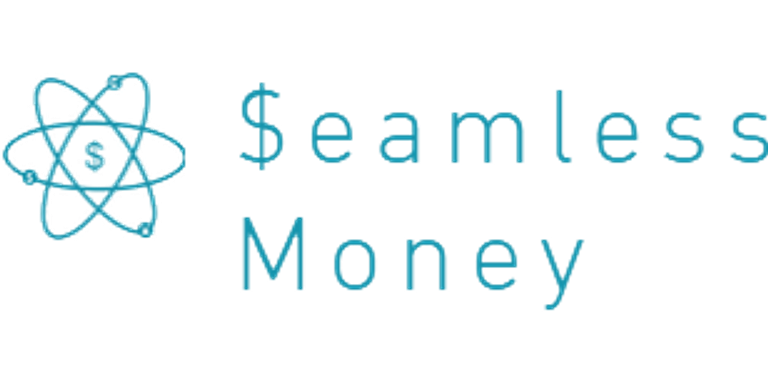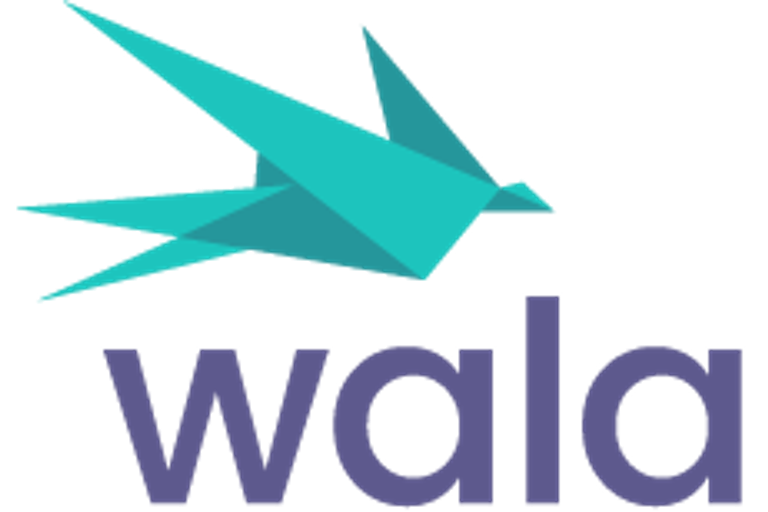Blog Article
Together we can - a decentralized vision for financial inclusion
Author
Stellar Development Foundation
Publishing date
Financial inclusion
Access
Decentralization
In this post, our contribution to Financial Inclusion Week organized by the Center For Financial Inclusion @ Accion, we’ll share SDF’s vision for achieving financial inclusion globally.We’ll do this by first outlining how we define financial inclusion, which we think is an important place to start. We’ll then describe our philosophy and approach to enablement. Finally, and most importantly, we’re honored to present three guest posts by companies actively building financial inclusion solutions around the globe, powered by Stellar.
What is financial inclusion?
“Financial inclusion means that individuals and businesses have access to useful and affordable financial products and services that meet their needs – transactions, payments, savings, credit and insurance – delivered in a responsible and sustainable way.” -World Bank
Financial inclusion is the science (or art) of designing financial products and services that meet individuals and communities where they are. At its core, the movement is about localization, and requires entrepreneurs who are acutely sensitive to things like cost, culture, and connectivity when designing their solutions.
Personally, I’ve had first hand exposure to the importance of ‘meeting local needs’ in designing financial products and services. I’ve seen first-hand a statewide default on microfinance loans, driven almost entirely by cultural misalignment - in this case, sending male loan collectors to female-only borrower groups in conservative Muslim villages. I also helped form a functional village bank that used paper and pencil for its record keeping, and a metal box with three locks and three keyholders as its vault. And it worked beautifully. Localized, relevant solutions are essential to move from aspiration to execution in the financial inclusion space.
But at SDF, we believe there’s something else.
Inclusion, for us, also means equal access, not just to products, but to the global marketplace. It means enabling greater economic participation. It means local service providers connecting their customers to the global economy - sourcing the best rates, goods and opportunities, and seamlessly delivering them through an accessible and relevant platform. For us, economic participation is fundamental in defining financial inclusion.
And this is where we believe blockchain is enabling a paradigm shift.
Our vision for financial inclusion
To truly achieve financial inclusion, we envision a world in which local fintech entrepreneurs utilize Stellar as their back-end infrastructure solution. We believe this will shift the playing field for financial inclusion innovators in three key ways:
Increase go-to-market speed:
Stellar provides an alternative to building your own back-end, both as an account management system and as a payment rails. This dramatically reduces the cost of launching a new product, as well as the time to market, reducing barriers to entry. This means more innovation and increased specialization. And all of this is delivered while simultaneously leveraging the scaling economics and continuous development common to open-source projects.
Reduce cost of products:
Those familiar with financial inclusion know that at its core, it often comes down to cost. The cost of account setup, transaction processing or lending are often too high given potential revenue, forcing businesses to walk-away, or operate at a loss. With Stellar, an account costs $.40 and transactions cost $.0000025, dramatically changing the calculus for businesses that service lower income households and lower revenue enterprises.
Enable access and interoperability:
One integration enables access to a global marketplace, that’s the future with decentralized financial protocols. With Stellar, companies can connect to a global network of regulated financial services counterparts, and transact over a modern, instant and low cost payment rail. Any asset or currency is tradeable in Stellar -- creating interoperability between every participant, regardless of whether users save and spend with Naira, Pesos, airtime minutes or a new digital currency token.
The future of financial inclusion in practice
The Stellar community is full of inspiring projects building the financial products of tomorrow. Many of these projects simultaneously focus on services for the underbanked, a living and breathing incarnation of the theory presented above. It is therefore our honor to highlight three such companies, and share excerpts from their leaders. These initiatives hail from the Carribean, USA and Southern Africa, respectively.

Seamless Money is creating a plethora of services for the 39.17 million users in the Caribbean to be able to digitally access the local and global economy. Currently, our target users are burdened by limitations around payments, domestic and international money transfers and access to foreign currencies, such as a daily transaction limit of $100 USD. Our solution is to leverage Stellar and its global marketplace along with local ACH mechanisms and socially conscious and sustainable banking solutions to provide our customers with a mobile platform to facilitate instant, reasonable and limitless cross border and domestic payments. -Whitney Griffith, CEO

FinClusive understands that a major barrier to inclusion for many is ensuring access meets regulatory challenges as to risk and compliance. Leveraging blockchain technology, FinClusive is working to provide web and mobile-based access to individuals and entities that have been viewed as “high perceived compliance risk” or otherwise have been de-risked or denied services from traditional financial institutions. FinClusive is working to provide account access into a large network of community-based financial institutions, while providing secure payments facilitation between individuals and entities alike with embedded know-your-customer, due diligence and monitoring protocols. Our SaaS platform will allow many to reduce cost and efficiency challenges while ensuring safe, transparent and secure access. -Amit Sharma, CEO

Wala is a zero-fee financial services platform for emerging markets. It's powered by $DALA, an open-source multi-chain crypto asset. Through Dala protocols (Kopa, Soko and Kazi), consumers have access to borderless, low cost, and unique financial services enabling them to earn, save, borrow, and transact in a new decentralized financial system. With a multi-chain strategy, Dala takes advantage of the top blockchains, including Stellar for payments. -Tricia Martinez, CEO